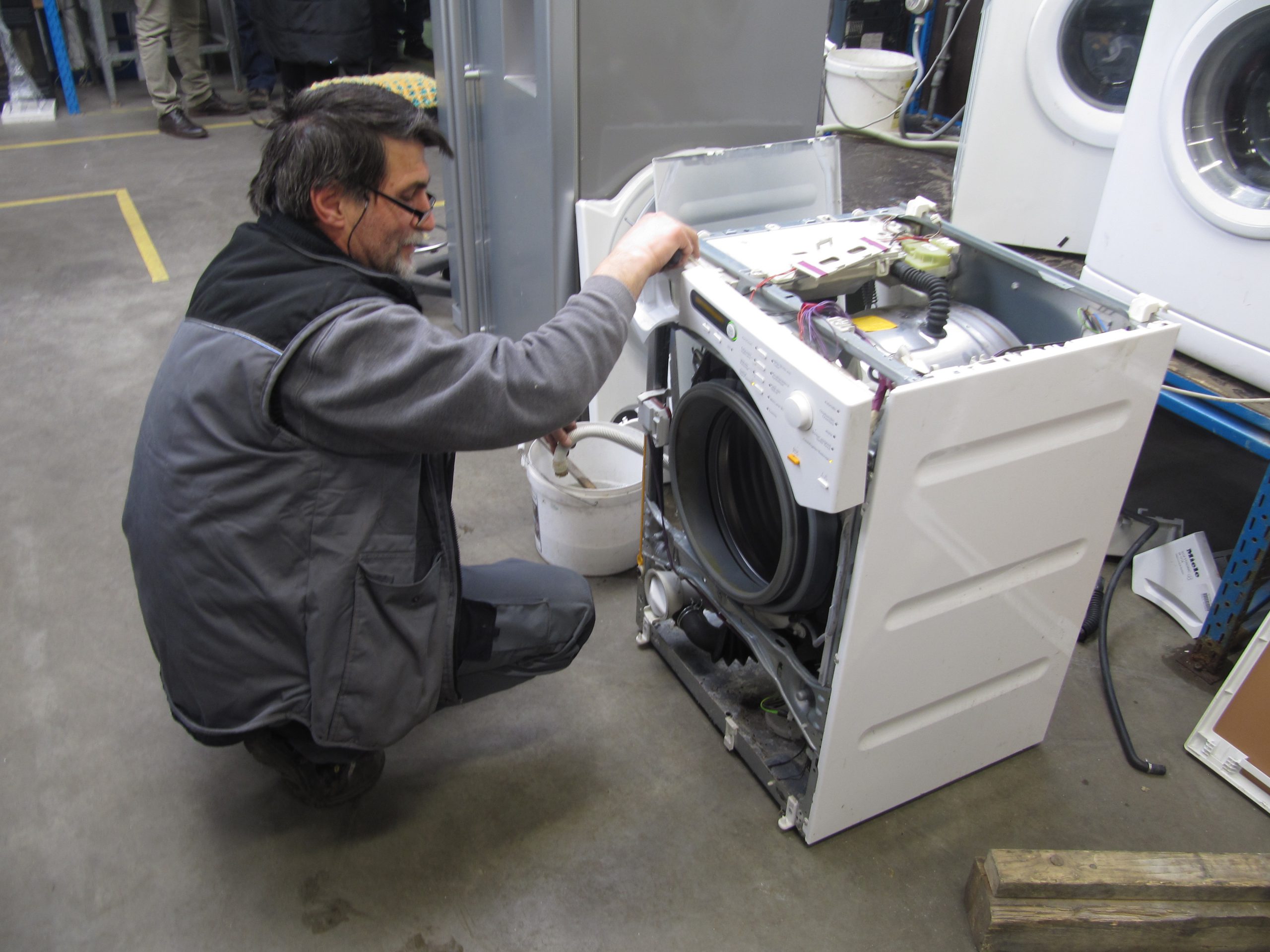The Commission’s Joint Research Centre (JRC) has published a draft report highlighting policy recommendations for improving the durability, reusability and reparability of washing machines and dishwashers. Once finalised, the findings will be used to inform future proposals from the European Commission to revise existing ‘eco-design’ rules for these types of appliances. The new rules could be submitted for discussion with stakeholders in the Spring of next year.
The lifespan of electrical appliances are decreasing. According to a recent study, the proportion of large household appliances replaced within five years due to a defect increased from 3.5% to 8.3% between 2004 and 2013.
The main draft recommendations to the Commission are as follows:
- Products should be designed so that certain key components can be reversibly disassembled (without damaging the removed components or other product components), replaced (or repaired) and reassembled.
- Manufacturers could provide documentation on the sequence for the disassembly operations needed to access the above parts. Each of these operations should be described in terms of type of operation, type and number of fastening techniques to be unlocked and tool(s) required.
- Manufacturers could also provide similar documentation for the reassembly sequence.
- Gluing or welding fastening techniques should be avoided for these components, unless it is proved that such fastening improves product durability.
- Manufacturers facilitate the availability of spare parts for key components. For example, manufacturers could provide information in the user manuals and on their own website on how these spare parts can be procured.
- The use of dedicated platforms (such as the Agora system in France) to provide information about the availability of spare parts and their procurement should also be encouraged. Manufacturers could also provide a declaration on how many years these spare parts will be available after the product is put on the market, for example in line with the prescriptions of the French consumption law of 17 March 2014.
RREUSE has long called for legislation that would enable products coming onto the EU market to be easy and cheap to repair and provided evidence from its network of repairers to the JRC researchers. RREUSE says the JRC recommendations are a step in the right direction but the revision of the eco-design rules should include legally binding requirements not unenforceable suggestions to manufacturers.
The Commission’s work plan for eco-design (2015-2017) is expected to be published on 30 November.


